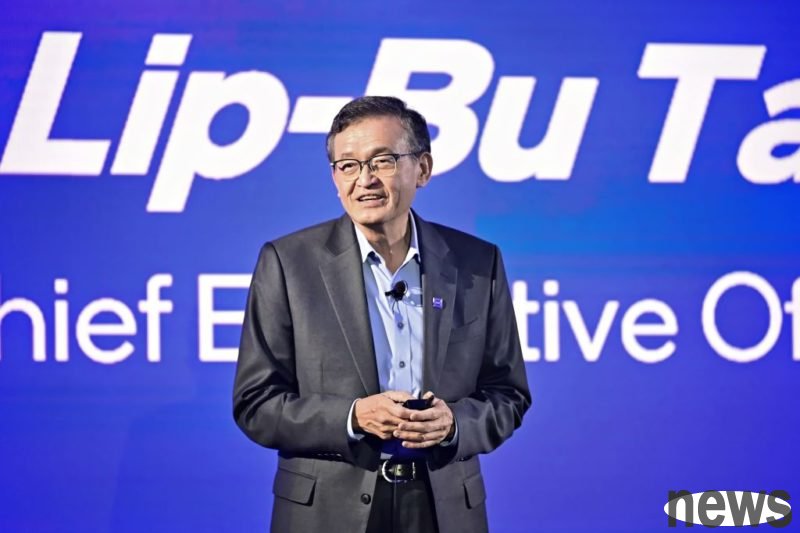
In March, Intel, a major U.S. processor manufacturer, appointed Lip-Bu Tan as executive director, it attracted the attention of the US Congress. Recently, US participant Tom Cotton officially sent a letter to Intel to pay attention to Chen Liwu's past business contacts with Chinese technology companies and whether these relationships will threaten Intel's core role in the US defense-related supply chain. This review is not only a political expression, but also closely related to Intel's global science and technology policies and its ambitions for the foundry.
According to reports from Tom's Hardware, participant Tom Cotton recently wrote to Intel's chairman Frank Year, questioning whether the board had sufficiently reviewed Chen Liwu's investment in companies related to the Chinese military, and whether he had completely withdrawn his capital before leading Intel. Intel actively participates in the federal Secure Enclave project, which aims to ensure the safety of U.S. microelectronics products, and also participates in a USD 3 billion contract with the U.S. Department of Defense. Tom Cotton doubted in the letter whether Chen Liwu's investment history would harm Intel's obligations in these plans. It is worth noting that Intel has been in trouble many times due to national security issues.
Reuters' April investigation revealed that Chen Liwu invested at least US$200 million in more than 600 Chinese companies through his risk investment company Walden International and related entities. Several of these companies have contacts with the Chinese People's Liberation Army, including early investment in SMIC and cooperative relations with state-owned enterprises such as China Electronics Corporation. Although Chen Liwu claimed that he had withdrawn his funds, the Chinese database still showed that Chen Liwu's holdings were still among many of them, which raised legal issues.
Chen Liwu has been the leader of Cadence Design until 2023. During his leadership, IHC agreed to convict and paid more than $140 million in deductions for the company selling chip design tools to a Chinese military university involved in nuclear simulation. Tom Cotton participants specifically asked Intel's Board of Directors if they were aware of the tickets Chen Liwu received during his term of execution of the long-term Yihua computer and the measures taken to resolve these problems.
Intel responded that the company and Chen Liwu himself are committed to maintaining national security and will cooperate with the board of directors' investigations. Intel also emphasized that the company and Chen Liwu are both deeply committed to the national security of the United States.
The transformation of Intel's strategy is also particularly important at the moment. Because under the new leadership management, Intel had considered abandoning the Intel 18A session process that was seen as reviving hope, and focused on the next generation of Intel 14A session process to compete for major customers such as Apple and NVIDIA. This strategy change highlights the key to Tom Cotton's strong trust and legality.
Market insiders have different reviews of Chen Liwu's income. On the one hand, they believe that he is an experienced investor, helping to establish an early semiconductor system in China; on the other hand, they are the key figure praised by analysts as Intel's key to turning the situation around. These two experiences also caused conflicts of interest, especially considering the operations of some of the positive export control and sanctions companies that Chen Liwu had in-depth participation. Therefore, the dispute over Chen Liwu's appointment will not only examine Intel's relationship in Washington, but will also determine its strategic direction in the global technology version.
